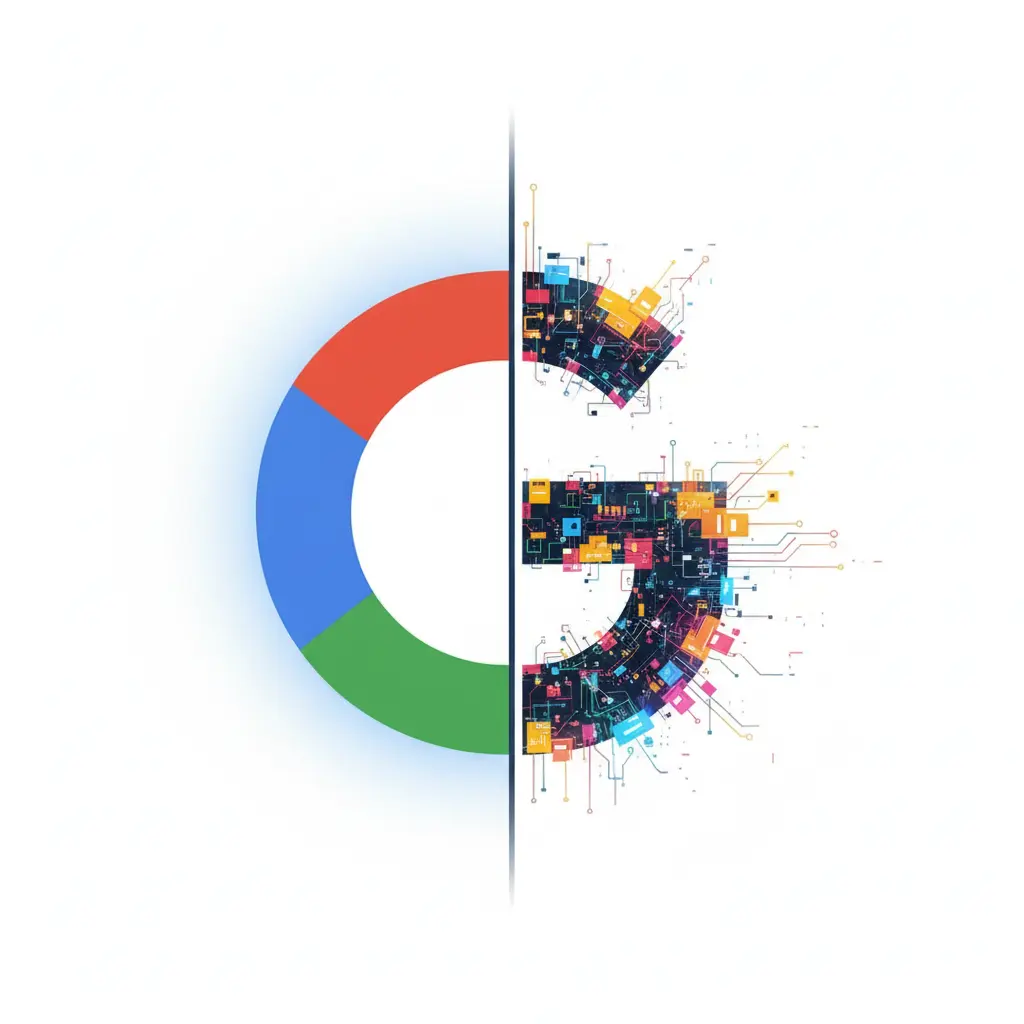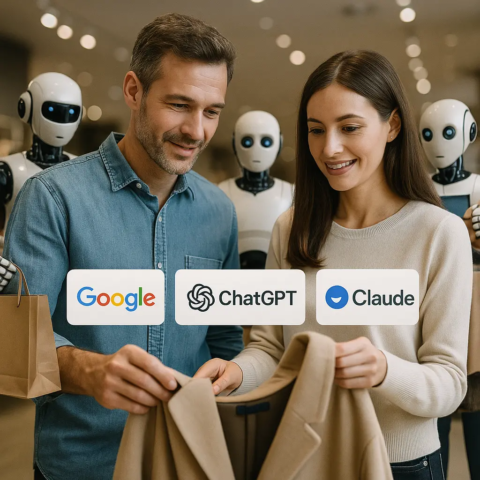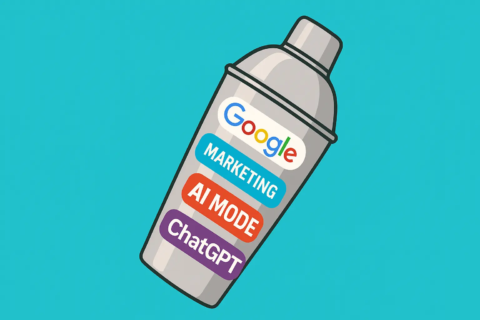SERP 3.0 isn’t good or bad. It simply reshuffles the deck.
There are winners who adapt and those who remain stuck in 2015.
How do we prepare for the du GEO (Generative Engine Optimization) era?
How do we navigate all the AI noise without losing focus? Most marketers panic at every new Google announcement.
But the truth is, GEO isn’t a revolution. It’s a natural extension of SEO.
And no — SEO isn’t dead. It’s evolving.
With SERP 3.0, Google no longer just stacks links. It searches, aggregates, synthesizes, and contextualizes. (And yes, some Gen Z folks wish they had AI back in university.)
Sometimes, Google even ends the search before the first click.
The result? Organic space is shrinking, and competition is growing.
Quick, low-effort content no longer cuts it. What matters now are useful, distinctive, and well-structured pages that both users and AI can trust.
Concrètement : un vrai travail éditorial (angles clairs, preuves, sources) et une base technique solide (budget crawl maximisé, balisage sémantique, données structurées). L’enjeu est de devenir une référence de confiance dans un web où l’IA filtre l’accès à l’information.
The Key : Trust, Structure, and Experience
It’s all about strong editorial work: clear angles, solid proof, and credible sources.
And of course, a solid technical foundation: optimized crawl budget, semantic markup, and structured data.
The goal is to become a trusted reference in a web where AI decides what’s visible.
Ranking high on the SERP no longer guarantees visibility if the user experience isn’t right. Google already includes user experience signals in its ranking criteria.
A slow-loading website drives visitors away, poor navigation kills exploration, and a non-mobile-friendly design reduces engagement. Accessibility through alt text, keyboard navigation, and color contrast is now a real differentiator.
What does that mean for you?
- Locally, it means strengthening your Google Business Profile with clear categories, relevant attributes, well-defined products or services, and actively managed reviews. The goal: more appearances, more qualified impressions, and more business.
- On the content side,UGC(User Generated Content) is on the rise again. Reddit, forums, reviews…
Google is looking for authentic experiences, not polished marketing talk.
For your strategy, let the user’s voice live on your site. Add FAQs from real clients, long-term test results, social threads, and use cases. Show evidence such as screenshots, data, and quotes, and structure it properly so AI understands it. The message is clear: less polish, more real life. That’s what builds credibility in the AI-filtered SERP 3.0 world.
A More Human and Sustainable Visibility
Investing in user experience isn’t just a technical task — it’s a strategic move.
It builds satisfaction, trust, and sends the right signals to Google.
The brands that experiment, test, and innovate today will be the ones that capture attention and conversions tomorrow.
At Universem, we believe digital visibility is built step by step, by anticipating tomorrow’s behaviors — today.







